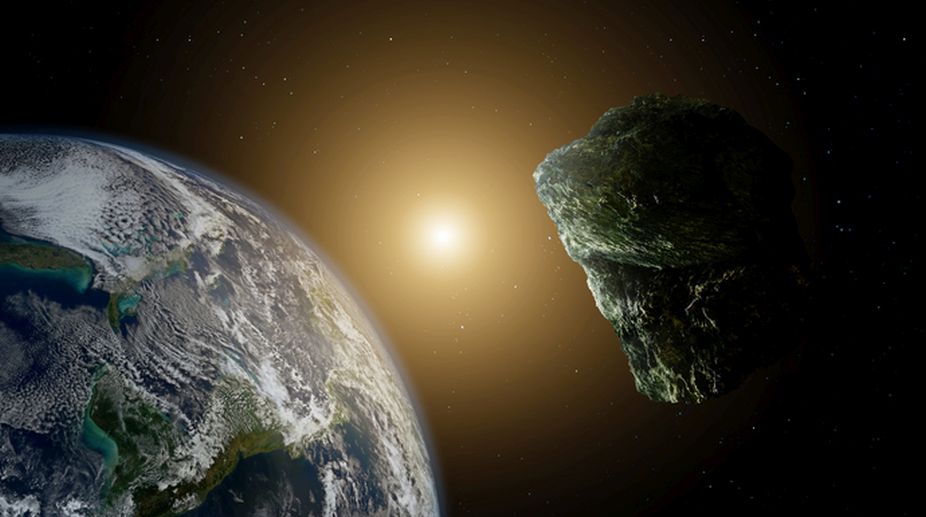A large near-Earth asteroid will pass safely by our planet on September 1, at a distance of about seven million kilometres, NASA has said.
Asteroid Florence — named in honour of Florence Nightingale (1820-1910), the founder of modern nursing — is about 4.4 kilometres in size, according to measurements from NASA’s Spitzer Space Telescope and the asteroids and comets hunting NEOWISE mission.
Advertisement
“While many known asteroids have passed by closer to Earth than Florence will on September 1, all of those were estimated to be smaller,” said Paul Chodas, Manager of NASA’s Center for Near-Earth Object Studies (CNEOS) at the agency’s Jet Propulsion Laboratory in Pasadena, California.
“Florence is the largest asteroid to pass by our planet this close since the NASA programme to detect and track near-Earth asteroids began,” Chodas said.
The 2017 encounter is the closest by this asteroid since 1890 and the closest it will ever be until after 2500.
Florence will brighten to ninth magnitude in late August and early September, when it will be visible in small telescopes for several nights as it moves through the constellations Piscis Austrinus, Capricornus, Aquarius and Delphinus, NASA said.
This relatively close encounter provides an opportunity for scientists to study this asteroid up close.
Asteroid Florence was discovered by Schelte “Bobby” Bus at Siding Spring Observatory in Australia in March 1981.
Florence is expected to be an excellent target for ground-based radar observations.
Radar imaging is planned at NASA’s Goldstone Solar System Radar in California and at the National Science Foundation’s Arecibo Observatory in Puerto Rico.
The resulting radar images will show the real size of Florence and also could reveal surface details as small as about 10 metres.











